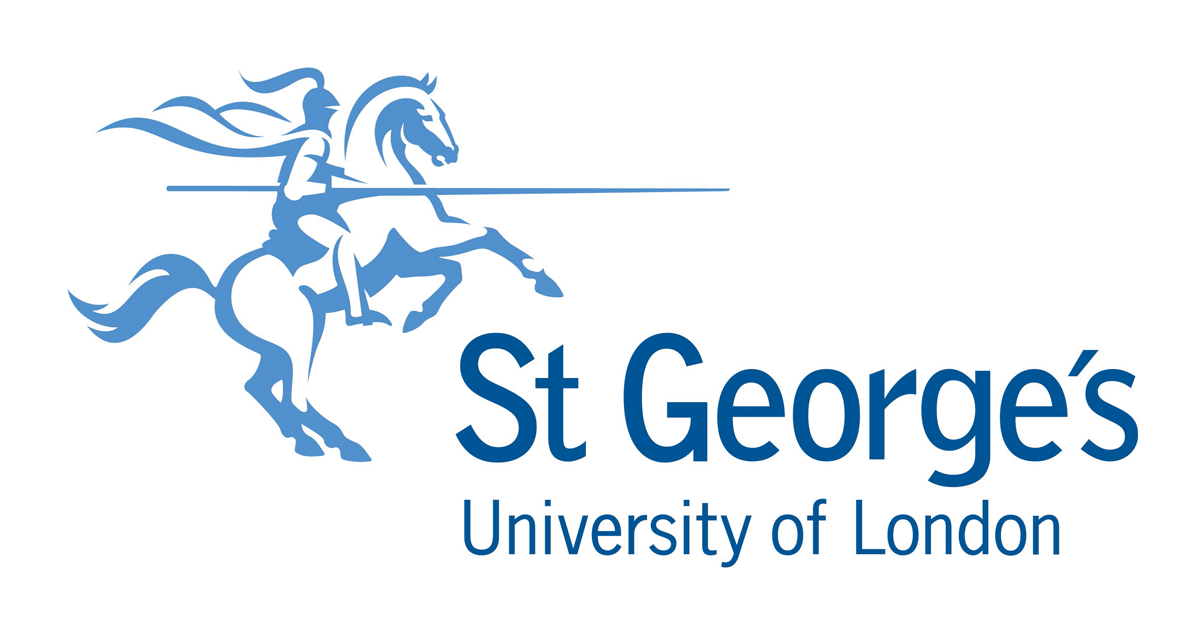St George’s, University of London announces partnership with Leaf Expression Systems to produce HIV treatments in plants

25 May 2021: The Hotung Molecular Immunology group at St George’s, University of London has partnered with Leaf Expression Systems, a contract development and manufacturing organisation, specialising in plant-based expression and production of proteins, to explore the feasibility of producing anti-HIV monoclonal antibodies at large scale.
Led by Professor Julian Ma, the research team is trying to address the challenge of producing monoclonal antibodies to treat HIV-positive women late in pregnancy, to reduce the risk of passing the virus to their babies. They have recently developed several candidate antibodies with broad activity against different HIV strains and potentially improved biological properties for administration to patients.
Professor Ma commented:
Monoclonal antibodies can be powerful drugs in preventing infections, but they are expensive and relatively difficult to administer. Our work has been to increase their effectiveness in killing HIV, and to allow them to remain for longer in the body after administration, thereby reducing the dose and frequency of treatments.
By partnering with Leaf Expression Systems, the group intend to demonstrate that it is possible to produce the antibodies at scale, using plant biotechnology – with the goal of creating a manufacturing platform for affordable drugs in future.
If successful, the next stage of the process will be to test the antibody treatment in clinical trials.
While there are effective treatments available to prevent mother-to-child transmission of HIV, in many lower- and middle-income countries, pregnant women may often present too late to their clinicians, rendering the current treatments less effective. The new antibody cocktail being manufactured as part of this work is designed to provide better viral clearance at late stages of pregnancy, potentially reducing the number of children born with HIV.
Plant-based production of treatments remains an alternative method of manufacturing drugs, but has the potential to deliver important biologic compounds quickly and at low-cost.
Speaking on the new research partnership, Professor Ma, said:
We are delighted to be working with Leaf Expression Systems on this project, who can take our research to the next stage, by demonstrating the feasibility of an industrial scale process for HIV monoclonal antibody production. By working together, we will shine a light on plant-manufactured treatments, and open up the technology for other applications to benefit Global Health.
Simon Saxby, CEO, of Leaf Expression Systems, added:
We are excited and proud to be working with Professor Ma and his team on this project, which aims to deliver such significant quality of life benefits to women and children in lower-and middle-income countries. Plant-based expression offers a number of significant advantages for the manufacture of biologics, including monoclonal antibodies, and this project is a further step towards plant-based manufacturing becoming another enabling technology in tackling viral infections, diseases and improving Global Health.
This partnership is supported by generous funding from the Hotung Charitable Trust.